Teaching Systems Thinking to Fill the Climate Literacy Gap from Security & Sustainability Forum on Vimeo.
Aired on 6/1/2017

What will it take to produce a workforce that understands the relationships between environmental, social, and business factors so we can better address the risks of climate change in the coming years? A number of interrelating systems comprise each factor so incorporating systems thinking into the public and private educational systems should result in graduates better prepared to understand the interrelationships and make or contribute to better climate decisions and policies. In this 90 minute webinar leaders from education, business and philanthropy discussed:
- The validity of the climate literacy gap and its impact on the workforce.
- Existing and emerging ways to teach systems thinking about climate disruptions, mitigation, adaptation and risk management.
- Concepts for developing the national/international capacity to support climate literacy .
- The role of philanthropy in accelerating deployment
- How community colleges can be at the center of better preparing the workforce for climate risk decisions.
Meet the Panel
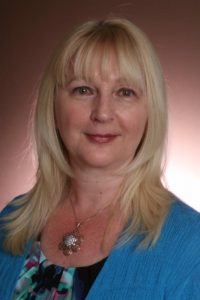
Monica Brett, an international climate advisor and Senior Associate of the Security and Sustainability Forum, will moderate the session. She is a vocal advocate for using systems thinking to teach climate and energy literacy as the best way to show the connections between the three pillars of sustainable development and the consequences of action and/or inaction. She has applied this concept both internationally and in the field via curriculum design, educational programs and public outreach campaigns.

Bernie Kotlier directs the development, promotion, and delivery of sustainable energy training for the International Brotherhood of Electrical Workers (IBEW) electricians, and business development programs for the National Electrical Contractor Association (NECA) electrical contractors in California and Nevada including energy auditing, energy efficiency, photovoltaics, zero net energy buildings, electric vehicles, energy storage, and micro-grids. He has been a member of the California Public Utilities Commission Advisory Committee on Energy Efficiency Workforce Development and the State of California Schools of the Future Initiative Advisory Committee. He now serves as co-chair of the California Advanced Lighting Controls Training Program and national co-chair of the Electric Vehicle Infrastructure Training Program.
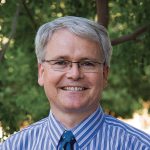
Christopher Boone is Dean of the School of Sustainability, Arizona State University. His research contributes to ongoing debates in sustainable urbanization, environmental justice, vulnerability, and global environmental change. He sits on the scientific steering committee for the Urbanization and Global Environmental Change project and is an active contributor to Future Earth, an international initiative that aims to integrate the global environmental change community with a focus on sustainable outcomes.
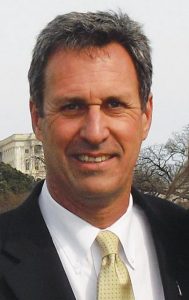
Chip Comins is Chairman & CEO of the American Renewable Energy Institute, President of American Spirit Productions and Founder of American Renewable Energy Day (AREDAY). As a strong advocate for employing renewable energy to mitigate climate change, he uses his documentaries, institute and global summit to both educate and provide platforms for solutions. Currently, his American Climate and Energy Literacy Initiative connects industry and community colleges to create jobs in clean technology sectors.
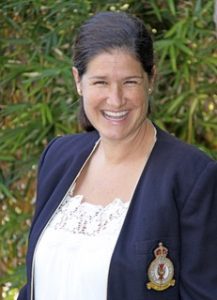
Leslie Mintz Tamminen is a Director of Seventh Generation Advisors. She worked to pass and implement California’s Education and the Environment Initiative, a state requirement for environmental education principles and curricula development in all core disciplines in public schools for K-12. Leslie is currently appointed to the California Superintendent of Public Instruction Environmental Literacy Steering Committee and tasked with implementing the 2015 Blueprint for California Environmental Literacy.
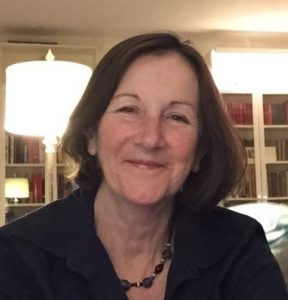
Jeanette Murry is Senior Knowledge & Learning Coordinator, Climate Change Strategy and Operations, at the World Bank. She has implemented knowledge management efforts and planning in international development, university, private sector and NGO contexts. She has extensive experience in learning design, development, delivery, and monitoring and evaluation with a focus on climate change.
